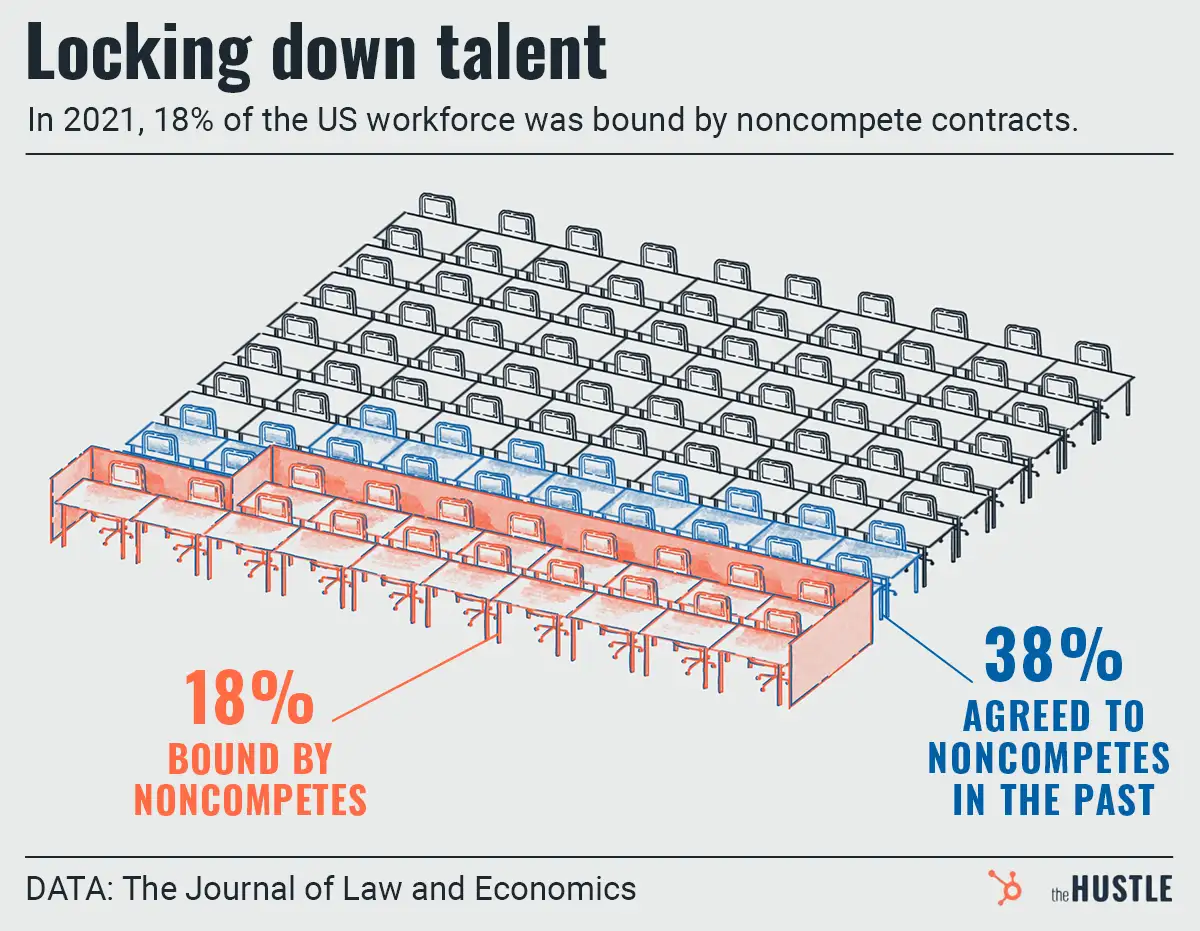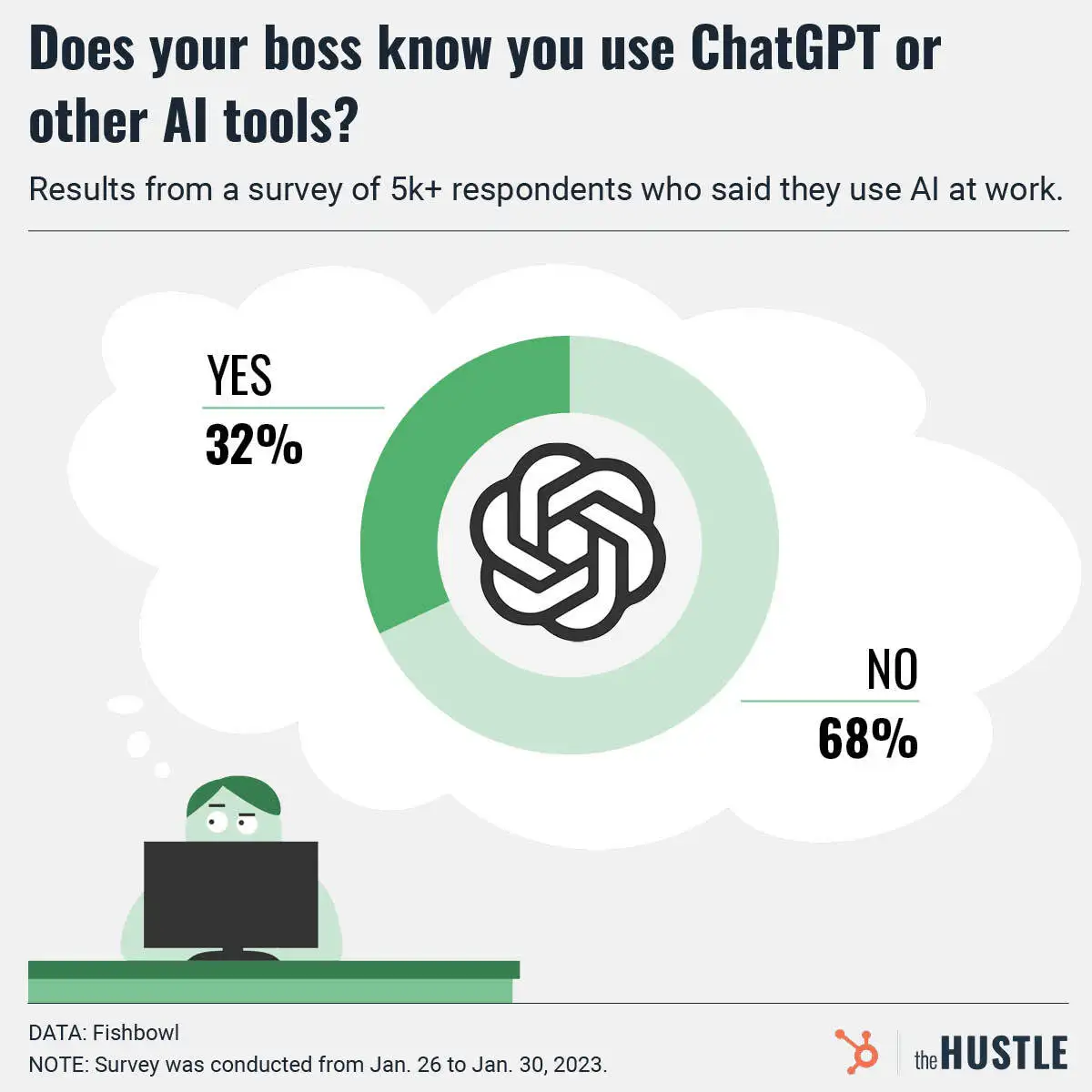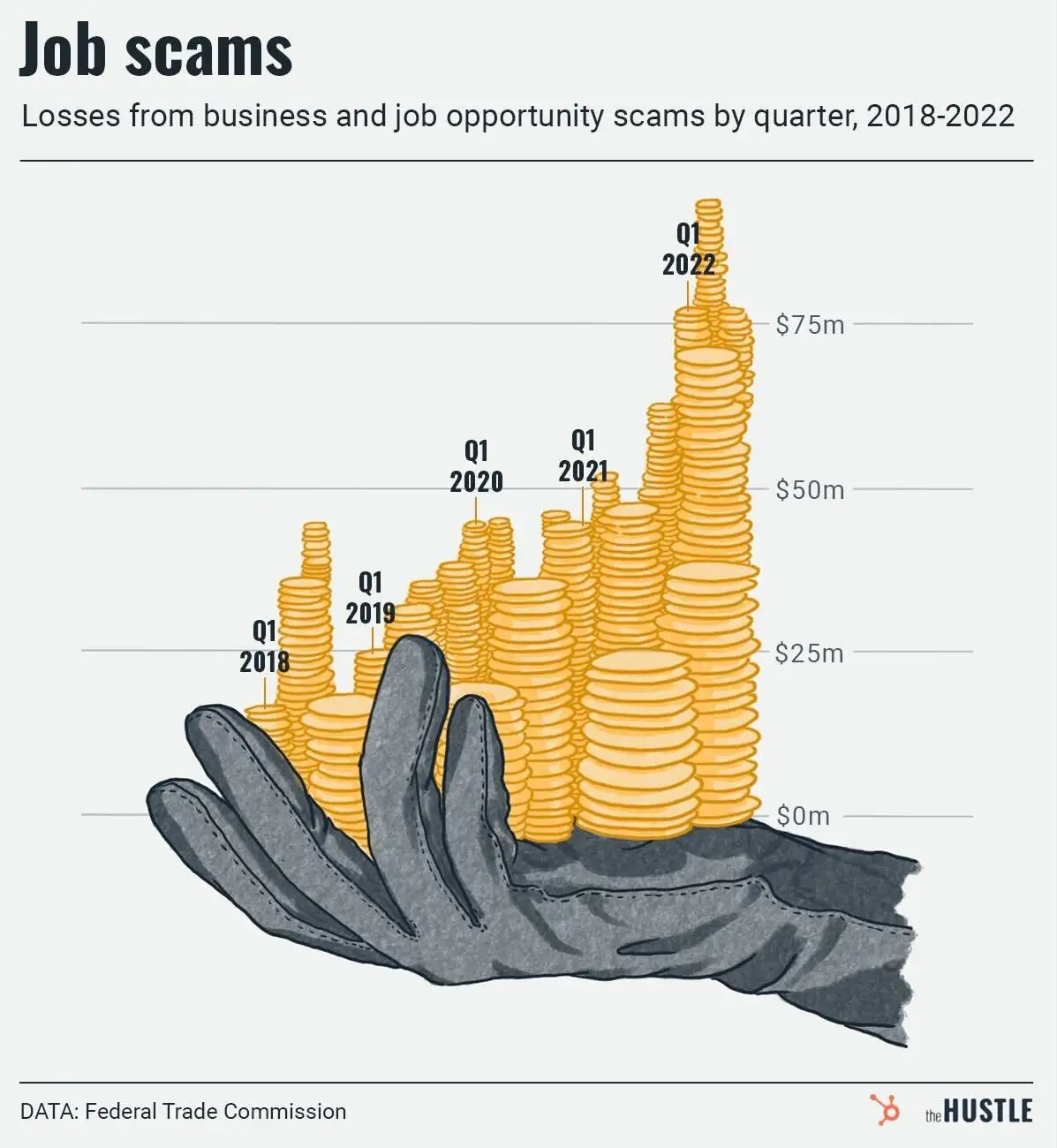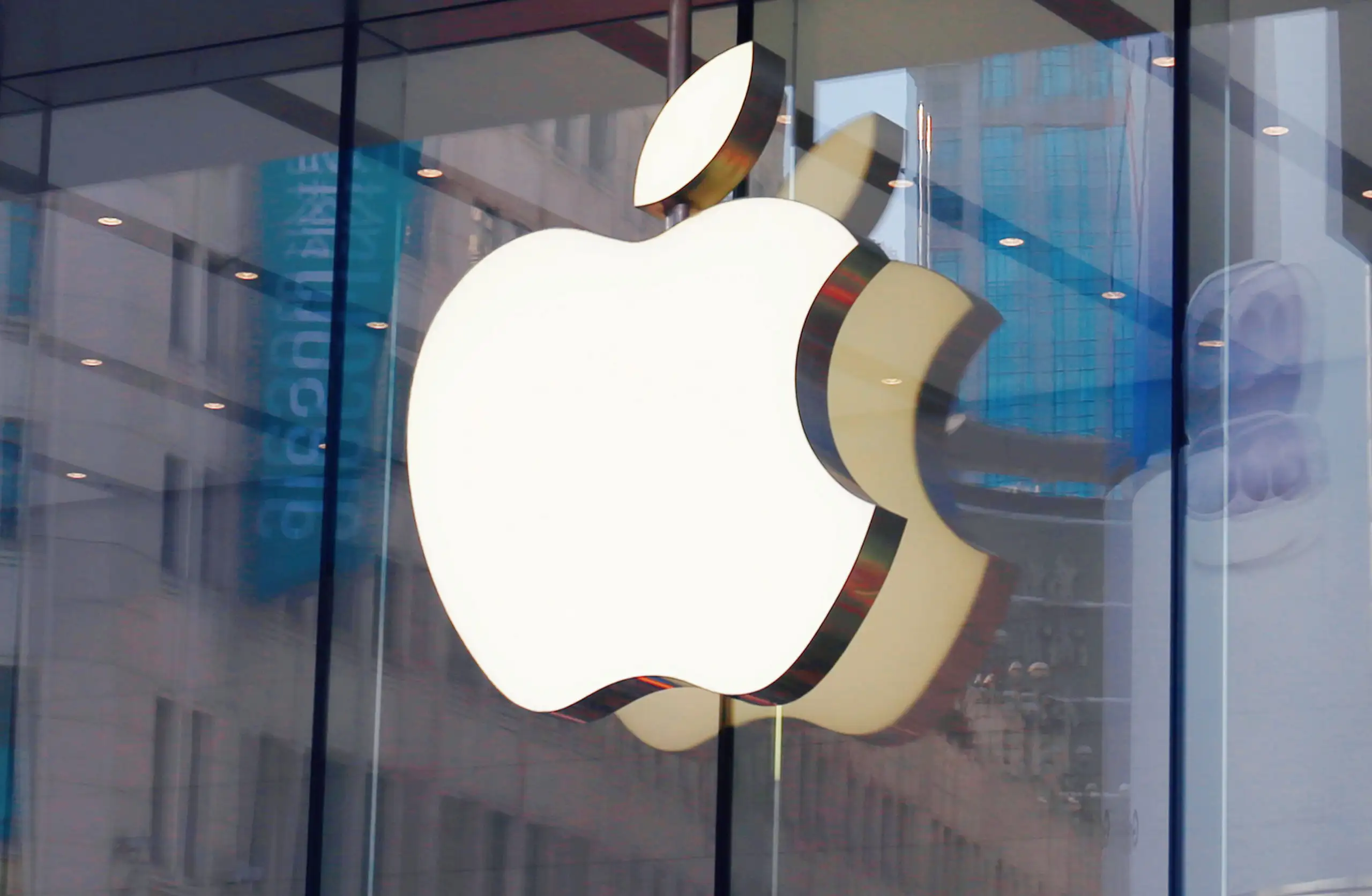When it comes to benefits at work, employees are looking for much more than two weeks of PTO.

And companies, anxious to retain talent, are increasingly trying to meet those demands with more robust offerings.
According to a 2023 Gallagher report, talent retention is the No. 1 priority for businesses — even before revenue.
While some benefits have become more common — child care, transportation, hybrid work — per Bloomberg, there’s one need that often goes unmet: caregiving.
- Over 50% of US workers have caregiving responsibilities outside of work, whether for aging parents or loved ones living with chronic illness or disabilities.
- An estimated 37m Americans spend an average of four hours a day looking after an elder.
The economic cost of caregiving in the US is estimated to range from $264B to as much as $600B.
This has major implications…
… as the population grows older.
Research suggests the nation’s caregiver shortage will only increase, and that the aging population will cost the US $290B annually by 2030.
But only 12% of companies offer some form of elder-care support, despite caregiving obligations being a primary driver for employee turnover.
To fill the void…
… new businesses are creating solutions.
Wellthy, an elder-care benefit startup, brings caregiving benefits to large employers like Best Buy and Meta:
- Companies pay $3-$6 per employee per month, on average, for access to Wellthy’s network of specialists (often social workers).
- The app helps workers navigate issues, from finding assisted-living facilities and home aides to choosing between rehab options — it also interviews vendors on behalf of employees.
Hilton’s HR chief told Bloomberg that the platform saved its 49k US employees 20k hours in less than a year. At Best Buy, 90k workers saved ~60k hours in two years.
This might be just the beginning…
… of a new workplace norm.
Already, employers looking to retain top talent are covering a wider range of benefits, from egg-freezing and IVF to talk therapy and maybe even psychedelics.
bc75.jpg)









